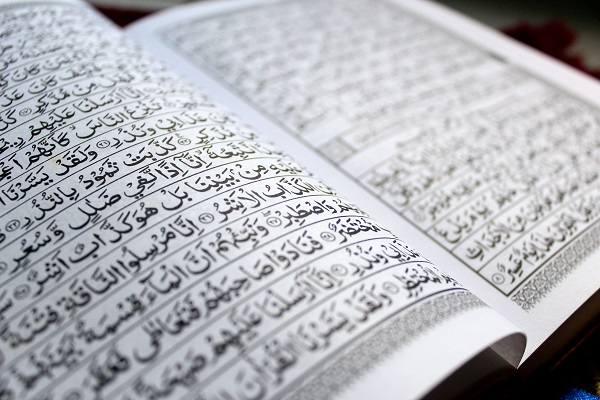
‘Tell Them, I Am’ Ramadan Podcast Going Beyond “Islam 101”
- By Alison Lesley --
- 05 Jun 2019 --

Each Ramadan day was a different episode from a different interviewee
A brand new podcast, Tell Them, I Am, from KPCC wants to provide Muslims a space where they can define their own respective identities which goes beyond broad generalizations and stereotyping.[/tweetit] Misha Euceph, the producer and host of the podcast, interviewed a total of 22 individuals, all Muslims concerning their life’s defining moments. Each episode marked every passing day during Ramadan.
‘Tell Them, I Am’ Ramadan Podcast Going Beyond “Islam 101″[/tweetthis]
The podcast Tell Them, I Am has no connection with the holiday. The idea of such a program had been in Euceph’s head for more than ten years. According to her, the fact that she was a Muslim became from incidental to a significant part of her identity when she moved from Pakistan to the United States in 2003.
When it comes to content, each guest can decide how much they wished to discuss religion or culture. To some Muslims, it occupies center stage. To others, being a Muslim is just incidental. Ramy Youssef, who created Ramy, currently being shown on Hulu, discusses at length the medical condition which helped him in his acting career. On the other hand, Queer Eye’s Tan France discussed his first major, “I told you so,” involving his older brother who also liked the metal genre of music. A story of teenage rebellion was narrated by Alia Shawkat, where she also mentioned borrowing urine from another girl to cheat a drug test. The show name is transcending one’s identity as perceived by others. It is derived from a Biblical story where God responds to a question about identity by saying that he is “I am,” and not be boxed into a category or a name. The omnipresent being is simply “I am.”
Started listening to “Tell Them, I Am” by @MishaEuceph and y’all, add this to your podcast playlists. It is compelling, authentic, endearing, and wonderful—a casual masterclass in interviewing. Oh, and #EidMubarik!
— Matt Morain (@mattmorain) June 5, 2019
Euceph herself put her own life stories into the content of her show. Every episode provides a glimpse of her story, like the fashion she was forced to adapt to become more popular when she was in middle school. When questioned on why the podcast was made during Ramadan, Euceph said that the Ramadan time is community time and part of the identity of being a Muslim. She pointed out that Muslims are diverse, and many of them do not fast.


















